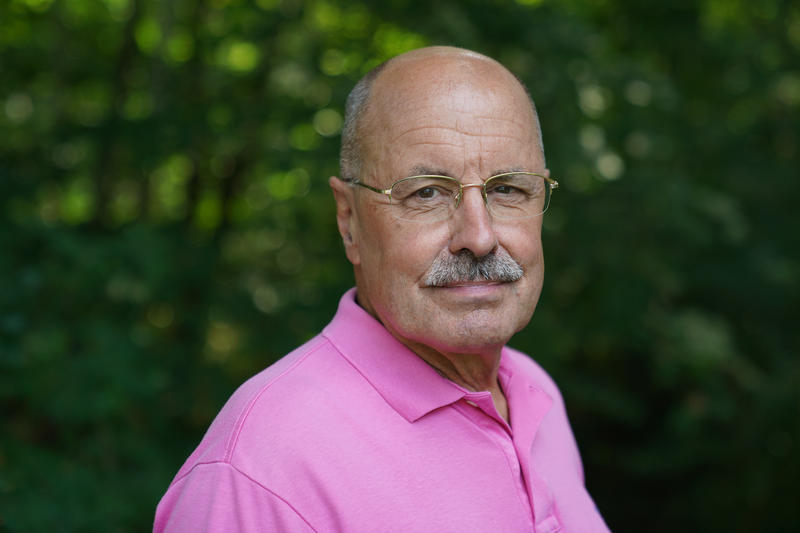Former Claremont Superintendent Reflects On Racial Tensions: ‘I Was Absolutely Unaware’
It’s been a year since an incident in Claremont involving the near-hanging of a young, biracial boy made national news. This week, NHPR is looking at how that event impacted local residents, including the then-superintedent of schools, Middleton McGoodwin. As he tells it, the incident forced him to reflect uncomfortably on his own history with race.
McGoodwin grew up in a wealthy, white family on the coast of Massachusetts. He remembers his childhood fondly – rowing out to sea with his buddies to catch lobsters, and swimming away the afternoons. It was carefree, but isolated.
His only exposure to people of color was on school field trips into Boston, when his class would drive through the city’s black neighborhoods. “I remember we were sort of in awe,” he said, “looking at the number of black people.”
This was the late 1950s, early 1960s, and though McGoodwin may have been insulated from racial tensions behind school bus windows, those tensions were becoming increasingly difficult to ignore.
In the spring of 1968, when Dr. Martin Luther King Jr. was shot, McGoodwin was a student at Boston University.
“The next day, students of color would march from class to class as a group,” he said, “like a football team marching into the stadium. And they wanted no interaction with any people who were not black.”
McGoodwin read anger on the students’ faces, but he didn’t understand why, he said. He didn’t understand why their anger seemed to be directed at him, at whites across the board. After all, he thought, it was just one man who had pulled the trigger.

